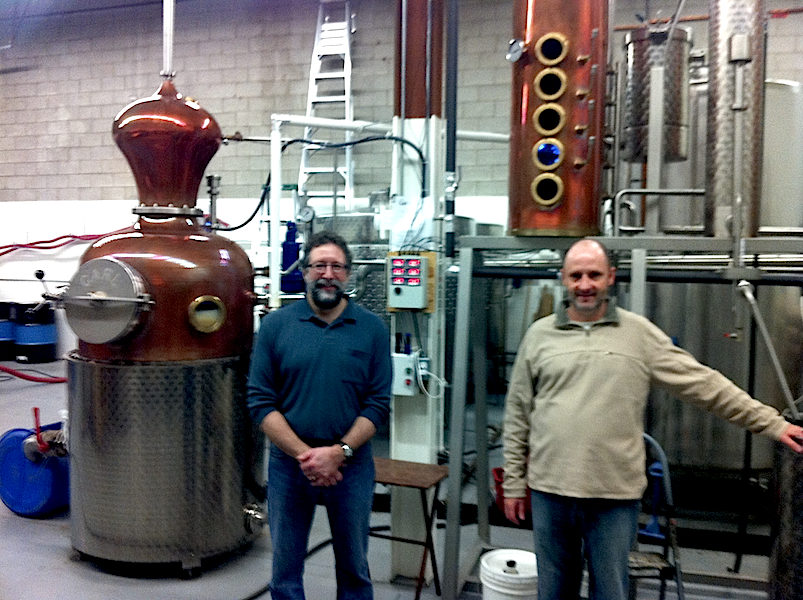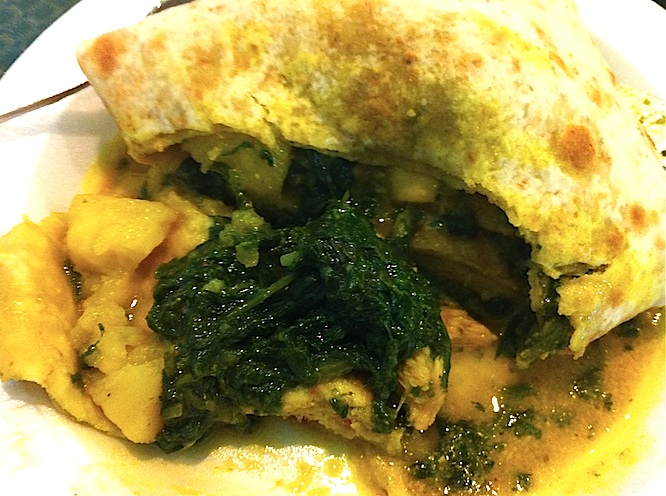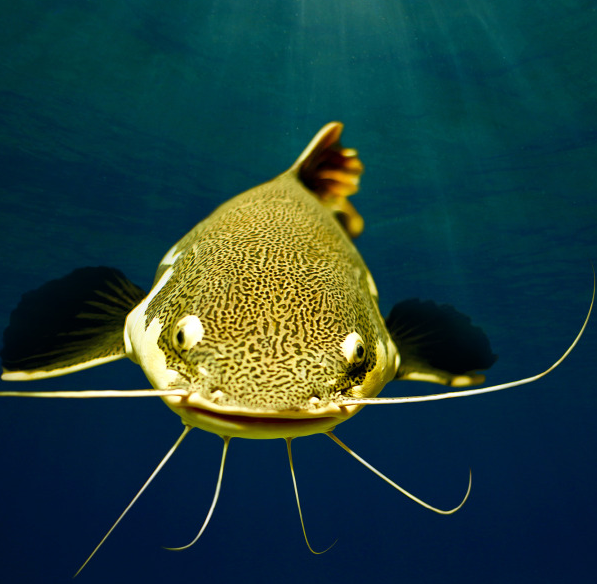by Malcolm Jolley
 Don’t tell me there’s no romance in industrial parks because I have seen and tasted it northwest of Toronto in Concord, Ontario. Barry Bernstein and Barry Stein founded Still Waters Distillery a few years ago out of their love for single malt whisky and their conviction that there was no good reason why it couldn’t be made in small batches, locally. Of course nothing comes easy and, as Barry Stein explained on a recent tour of their facility (where they and an assistant make, store and sell all their products), the regulatory environment in Ontario is such that before you can get all the various levels of permission to make booze and then sell it, you actually have to build a distillery first. Then, there’s issue of aging: “whisky” made in Canada must be aged for three years to earn that name. That’s three years of zero cashflow. To get around that and pay some bills, Stein and Bernstein got into the vodka business. Or more accurately, the single malt vodka business.
Don’t tell me there’s no romance in industrial parks because I have seen and tasted it northwest of Toronto in Concord, Ontario. Barry Bernstein and Barry Stein founded Still Waters Distillery a few years ago out of their love for single malt whisky and their conviction that there was no good reason why it couldn’t be made in small batches, locally. Of course nothing comes easy and, as Barry Stein explained on a recent tour of their facility (where they and an assistant make, store and sell all their products), the regulatory environment in Ontario is such that before you can get all the various levels of permission to make booze and then sell it, you actually have to build a distillery first. Then, there’s issue of aging: “whisky” made in Canada must be aged for three years to earn that name. That’s three years of zero cashflow. To get around that and pay some bills, Stein and Bernstein got into the vodka business. Or more accurately, the single malt vodka business.
Their vodka, which is made from the same Alberta barley mash that they make their single malt whisky from, actually has flavour – a subtle kind of sweetness. What it doesn’t have is a harsh burn. Still Water distills the vodka three times in its old copper still, which at 450 litres is considered “micro”. That makes for more work and more cost, but the results are getting noticed: last summer the single malt vodka won a gold medal at the Spirits International Prestige (SIP) Awards competition in San Diego. Not bad for a whisky distiller’s sideline, and with the encouragement of the award and growing interest from Toronto mixologists, Still Water is experimenting with botanicals to make artisanal gin (hopefully in time for summer).
As successful as the vodka is, Barry Bernstein and Barry Stein’s true love is whisky. They started as importers of the revered Scottish stuff, and their trove of barrels in the back part of their facility is clearly hallowed ground. Stein explains that “we’re not making Scotch whisky, we’re making Canadian whisky with it’s own taste.” The first of their whiskies will be available at the LCBO for $34.95 a bottle in April. Bottling is all done by cask: so whatever is in a particular barrel will be bottled and numbered and when it’s done, it will be done. They are also using different malts: the aforementioned barley, rye and corn. We tasted a number of whiskies, of differing ages and barrel treatments: one two year old barley whisky had the unmistakeable oakiness of a big New World Chardonnay. A new make (or “white dog”) corn whisky was effused with caramel, despite not having seen wood. And a rye whisky had fascinating complexity that verged on vegetal (my notes say “cardoons”) – miles away from the commercial rye that’s fit for mixing with ginger ale and not much else. Each was distinct and not quite like any other spirit I had tasted, although not so far off as to be alien.
I left Still Waters excited by the possibility of a whole new good drink revolution coming out of a unit in an industrial park.

 GFR videos are generously sponsored by a grant from Beau’s All Natural Brewing Company. Malcolm Jolley is a founding editor of Good Food Revolution and Executive Director of Good Food Media, the non-profit organization that publishes GFR. twitter.com/malcolmjolley. Photo: John Gundy.
GFR videos are generously sponsored by a grant from Beau’s All Natural Brewing Company. Malcolm Jolley is a founding editor of Good Food Revolution and Executive Director of Good Food Media, the non-profit organization that publishes GFR. twitter.com/malcolmjolley. Photo: John Gundy.









Trackbacks/Pingbacks